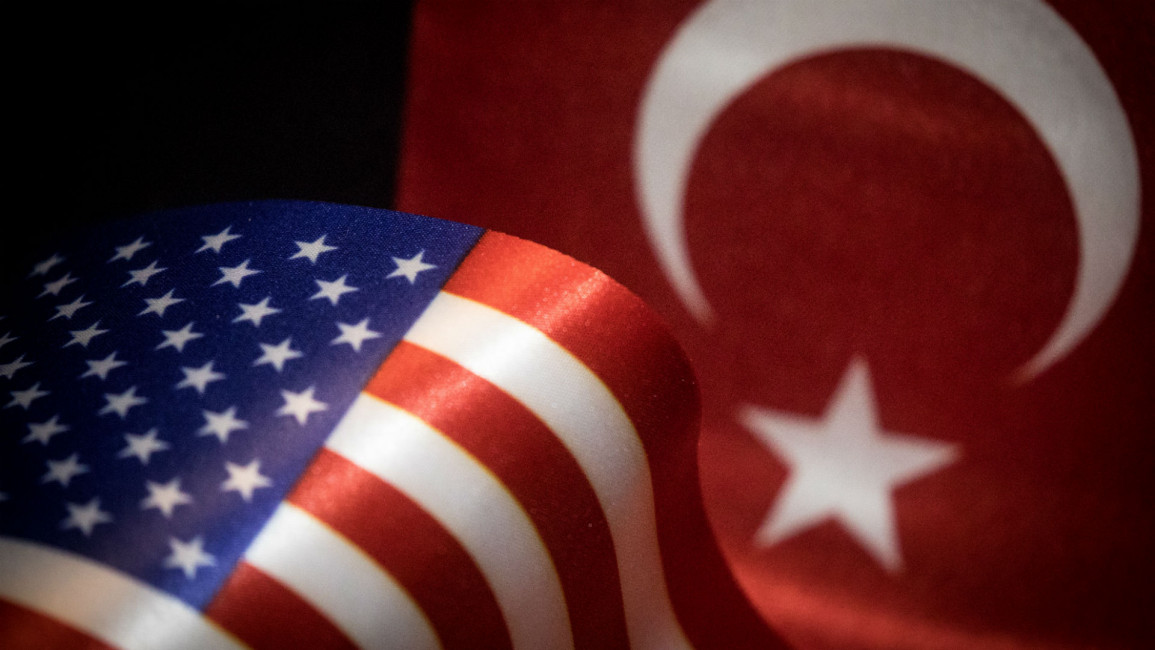US judge rules against Turkish claim that idol sculpture was looted
A New York judge has ruled against an ownership claim by the Turkish government for an ancient sculpture listed for sale by auction firm Christie's.
Believed to be constructed between 4,800 and 4,100 BCE in Turkey's Manisa Province, the Guennol Stargazer surfaced in New York in 1961 after being sold to private collectors by an art dealer.
It was later displayed at the Metropolitan Museum of Art for two decades before being listed for sale by Christie's in 2017.
That year, Ankara sued the auction house and its owner, Michael Steinhardt, citing a 1906 Ottoman decree that asserted ownership of antiquities excavated in Turkey. It demanded the relic be returned to Turkish territory.
On Tuesday, Judge Alison J Nathan of Federal District Court in Manhattan ruled against the claim, The New York Times reported.
Citing trial evidence from April, Judge Nathan conceded that the idol was manufactured in Anatolia - what is now modern-day Turkey - but argued that it was not possible to conclude that "it was excavated from Turkey after 1906" - contradicting the basis of the Ottoman decree.
The Guennol Stargazer spent years in the Met until in 2017 it was put up for sale at Christie's by its owner. Turkey sued and has now lost. This is just one case in many that urges to ask - how can any man own and freely sell something created between 4800 and 4100 B.C.E.? pic.twitter.com/aiFLSGGSix
— Elizabete Aunina (@eaunina1) September 8, 2021
The judge added that Turkey had taken too long to make a claim for the stargazer, a nine-inch figure with its head tilted upwards. She also wrote that it was unclear where the idol travelled to after its production.
Turkey had maintained that there was no evidence that such idols had travelled beyond Anatolia, suggesting that the Guennol Stargazer had been excavated there. Judge Nathan said there was "insufficient evidence" to deduce that.
Records show that the idol emerged in 1961 after it was sold by art dealer JJ Klejman to Alistair B Martin, a tennis player and art collector, and his wife, Edith Martin.
Judge Nathan said there was no evidence of how Klejman came by the idol.



